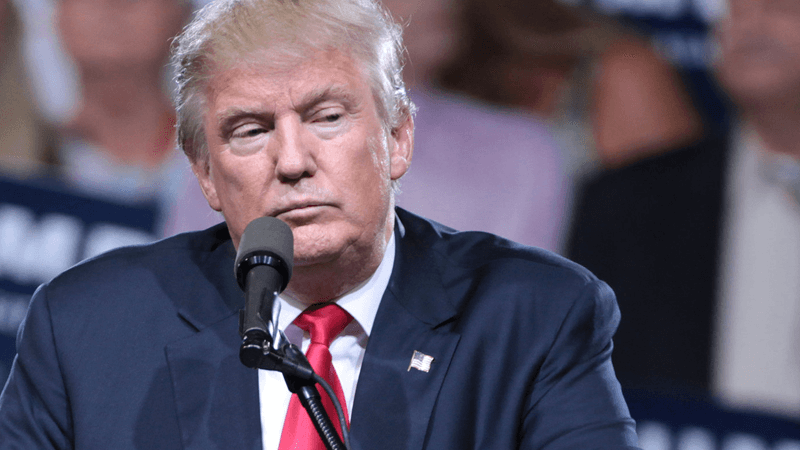The opioid epidemic has been declared a national emergency by US President Donald Trump.
He said: “We are going to spend a lot of time, a lot of effort and a lot of money on the opioid crisis. It is a serious problem the likes of which we have never had.”
Declaring the epidemic as a national emergency means that it is now eligible to receive prioritised funding and resources from the White House.
‘Scourge’
A report by the White House Commission on Combating Drug Addiction and the Opioid Crisis had recommended that the President make the move.
It said doing so would “awaken every American to this simple fact: if this scourge has not found you or your family yet, without bold action by everyone, it soon will”.
Chairman of the commission, New Jersey Governor Chris Christie, welcomed President Trump’s decision. He said it was looking forward to addressing the estimated “142 deaths a day from drug overdoses in the United States”.
According to a CNN report released earlier this year, drug overdoses in the US tripled between 1999 and 2015, and in 2015 alone opioid overdoses accounted for more than 32,000 deaths.
Irreplaceable
The mayor of Nashville, Megan Barry, was recently praised for speaking out following the death of her 22-year-old son from a drug overdose.
Barry told reporters that her family’s hearts “will always be sad and empty because we can never replace our child”.
She hopes her stance against drug use “may inspire and encourage other parents out there to have frank conversations with their own children”.
‘Drug tourists’
Last month, it was reported that the US opioid epidemic has become so bad that librarians are being shown how to recognise symptoms and treat overdoses when they occur.
Library employees in Philadelphia, Denver and San Francisco are receiving training on how to use Naloxone – a drug used to reverse an overdose.
Kensington, a neighbourhood in Philadelphia, has become a hotspot for ‘drug tourists’ in recent months with some travelling over 900 miles for extremely ‘pure’ heroin.

